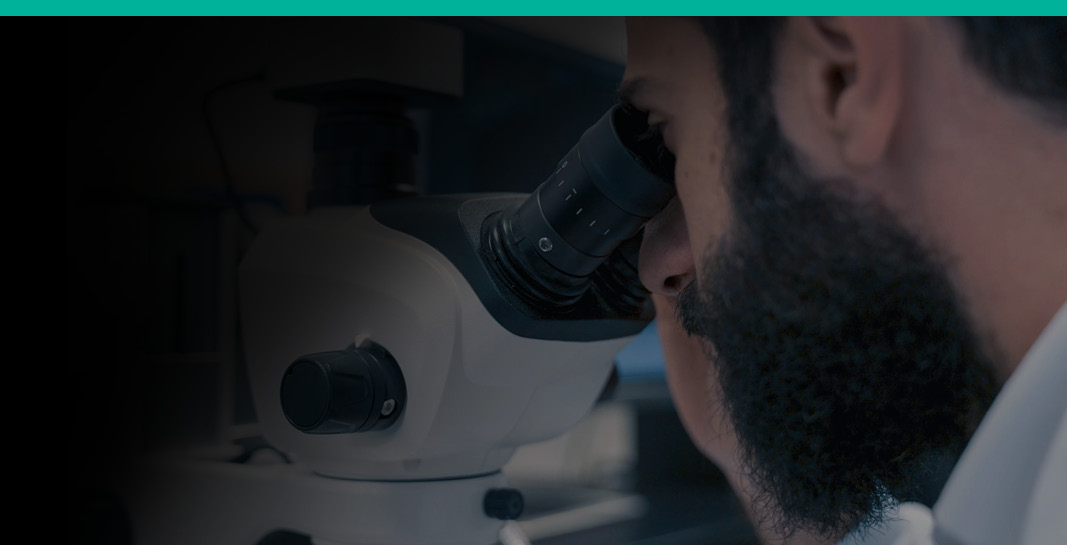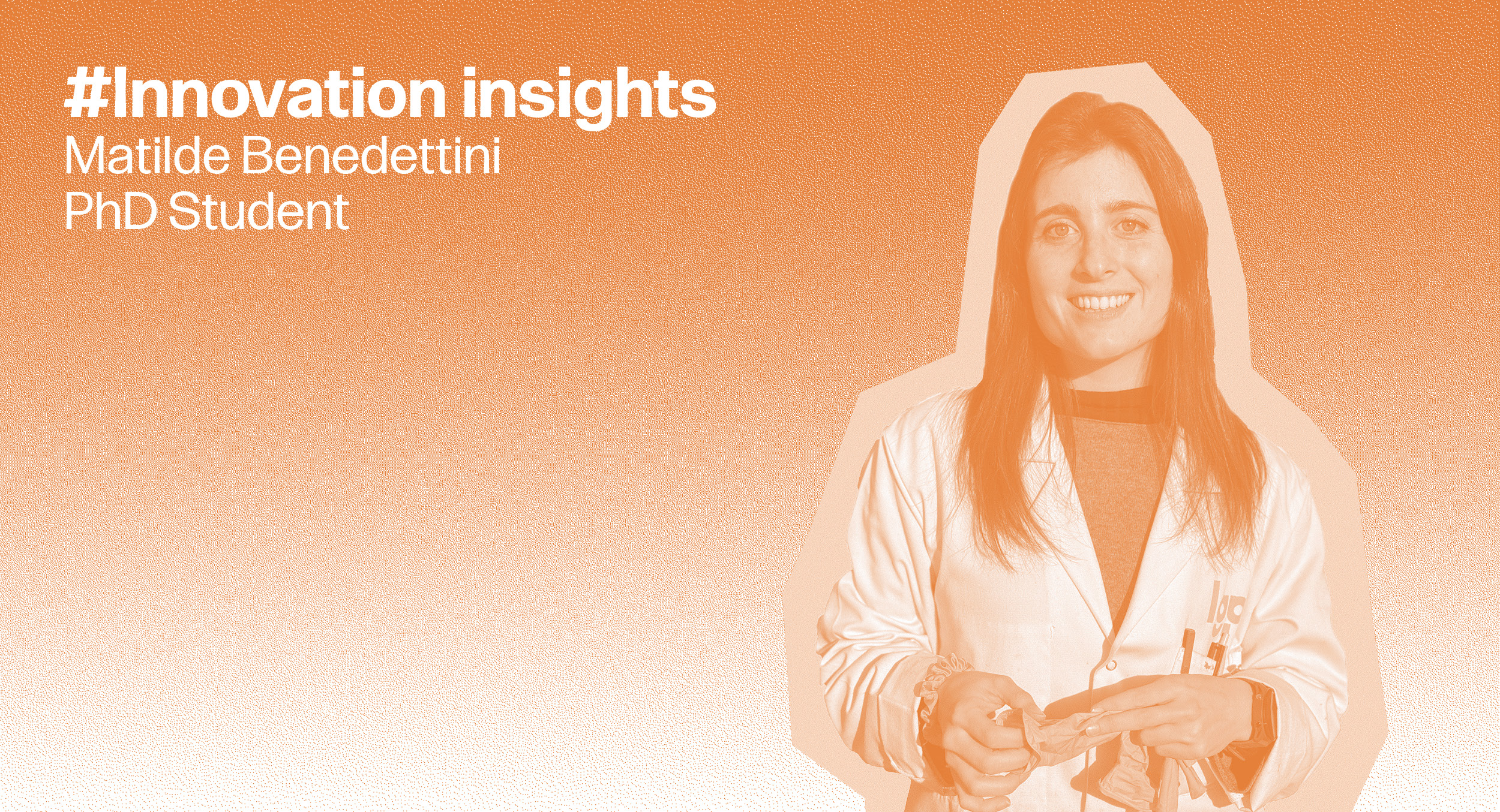
Innovative and Sustainable Food Packaging: The Research of Matilde Benedettini
Innovative and Sustainable Food Packaging: The Research of Matilde Benedettini
More sustainable alternatives for food packaging
In the world of scientific research, innovation and sustainability intertwine in the work of Matilde Benedettini, a young researcher engaged in a PhD project at the University of Pisa. Her study focuses on the development of solutions for innovative and sustainable food packaging, with particular attention to hydrophobic and oleophobic modifiers for paper. The aim is to create fluorine-free materials that can deliver the same performance as traditional coatings, but without the negative environmental impact of fluorinated compounds. This research has the potential to revolutionize not only the sustainable food packaging industry but also other sectors looking for more ecological and safe solutions.
A journey between science and food safety
After graduating in Industrial Chemistry in 2021, Matilde embarked on a professional path at EFSA, the European Food Safety Authority. This first step, away from research laboratories, allowed her to understand the importance of regulations and safety in the food sector. However, the call of the laboratory was too strong to ignore, and in November 2022, Matilde began her PhD, driven by her passion for practical and applied research. Her work responds to the growing need for sustainable packaging, capable of combining technical performance with a reduced environmental impact.
The challenge of sustainable packaging: developing fluorine-free treatments
Matilde’s project focuses on creating treatments for paper that are resistant to water and oil but free from fluorinated compounds. These products, while ensuring excellent repellent properties, are known for their persistence in the environment and potential risks to human health.
“Fluorinated and perfluorinated compounds, commonly known as PFAS, are chemically inert and difficult to dispose of, and they tend to accumulate in the human body and the environment,” Matilde explains. “For this reason, it is crucial to develop safer and more sustainable alternatives.”
Her research aims to identify fluorine-free solutions that can contribute to the evolution of food packaging, making it innovative and safe.
University and industry together for more sustainable food packaging
An innovative aspect of Matilde’s PhD is the collaboration between the University of Pisa and the industrial sector. This approach allows for the merging of academic research with the concrete needs of companies, developing solutions that can be applied in the real world. The goal is to enhance food packaging by ensuring materials that are both high-performing and ecological/sustainable. Matilde chooses to focus on projects that have practical impacts, avoiding research without industrial applicability: “I want my work to have a practical and applicable outcome,” she asserts determinedly.
To further enrich her experience, she is spending eight months at our Fedrigoni R&D headquarters in Voiron and the LGP2 research laboratory in Grenoble, known for its work on cellulose nanofibers. These international experiences are fundamental for acquiring new skills and fostering the exchange of knowledge globally. During this time, Matilde is collaborating with other PhD students in the research laboratory to study the repellent properties of some modified cellulose nanofibers.
Future perspectives: sustainable packaging beyond the food sector
Matilde’s research is not limited to just the food packaging sector. Her findings may also apply to other industrial fields, such as textiles, where fluorinated compounds are still widely used.
“The idea is to find solutions that can be adopted across different sectors, from bottle labels to stain-resistant fabrics,” she explains.
Matilde Benedettini’s work represents a perfect example of how science and industry can converge to create innovative and sustainable packaging. Her study on fluorine-free treatments for paper not only promises to reduce environmental impact but also to improve food and industrial safety, opening new perspectives for a more responsible future.











